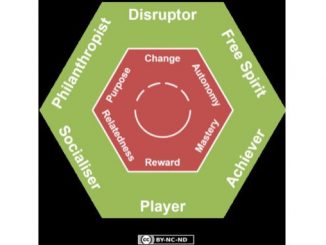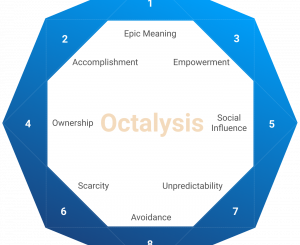
A Brief History of Role Playing Games
The varied options for character creation and development give us limitless opportunities for facilitating learning which puts us in other people’s shoes. […]

The varied options for character creation and development give us limitless opportunities for facilitating learning which puts us in other people’s shoes. […]

The potential for using these games is immense. We can create games for our learners to play, but we can also invite them to create their own. […]

The term ‘Flow’ is often used in reference to games, as well as in learning settings. It’s an important concept within both contexts of games-based learning. […]

A Technology Tree (AKA Tech or Research Tree) is a feature in strategy games representing a series of upgrades that a player can make, often through research […]

For those of us who are not experts in Agile / Lean /Scrum. I have created these definitions, but am no expert, so please let me know if any are not right. […]

McGonigal is known for advocating the development and use of games for tackling real-world problems and for fostering mass collaboration. […]

Richard Bartle’s taxonomy of player types, from observations of players of Multi User Dungeons. Player types are Killers, Achievers, Socialisers and Explorers […]

Andrzej Marczewski created the Hexad of Player Types, an extension of Richard Bartle’s work, to be more suitable for use in Enterprise Gamification. […]

The Octalysis framework was created by Yu-kai Chou. The Octalysis framework consists of eight Core Drives (CDs) describing human motivation. […]

A motivation theory which focuses on the idea that human nature features persistent positive traits, and that people consistently display effort and agency […]
Ludogogy 2022